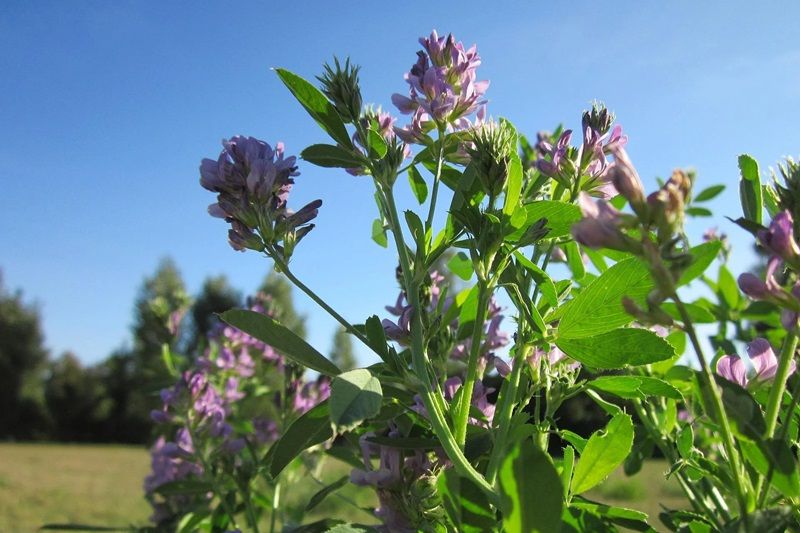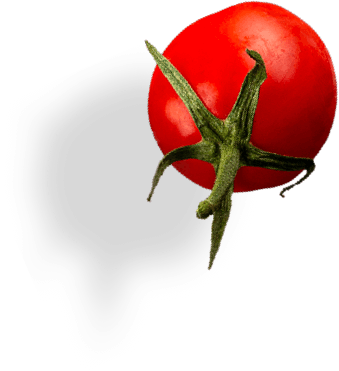Eco production
Currently producing organic tomato sauce and organic wheat products.
Soon, more to be in our offer!
Continue by scrolling
Valley of the river Raša
The youngest Istrian town, Raša, was built between 1936 and 1937 under Italian administration to serve miners extracting coal from the local mine. Until 1935, before the establishment of an irrigation system, the Raša Valley was barren and marshy. As a result of World War II, the fertile land of the Raša Valley was completely neglected. Therefore, in the summer of 2015, we decided to lease 185.5 hectares of land for 50 years and completely transform the abandoned land, located 2 meters below sea level, into beautiful arable land. On these surfaces, we cultivate tomatoes, various grains, alfalfa, and artichokes according to organic farming principles.
In the Raša River Valley, we cultivate wheat, spelt, barley, and oats, and after harvesting them, we obtain organic raw materials - grains. In our own facility equipped with a stone mill, we process grains into various milling products, such as flour, semolina, and bran. In addition to these products, during the milling process, we also obtain coarse bran, which is used in animal feed. The electric power for the grain mill operation is obtained from our own solar system.
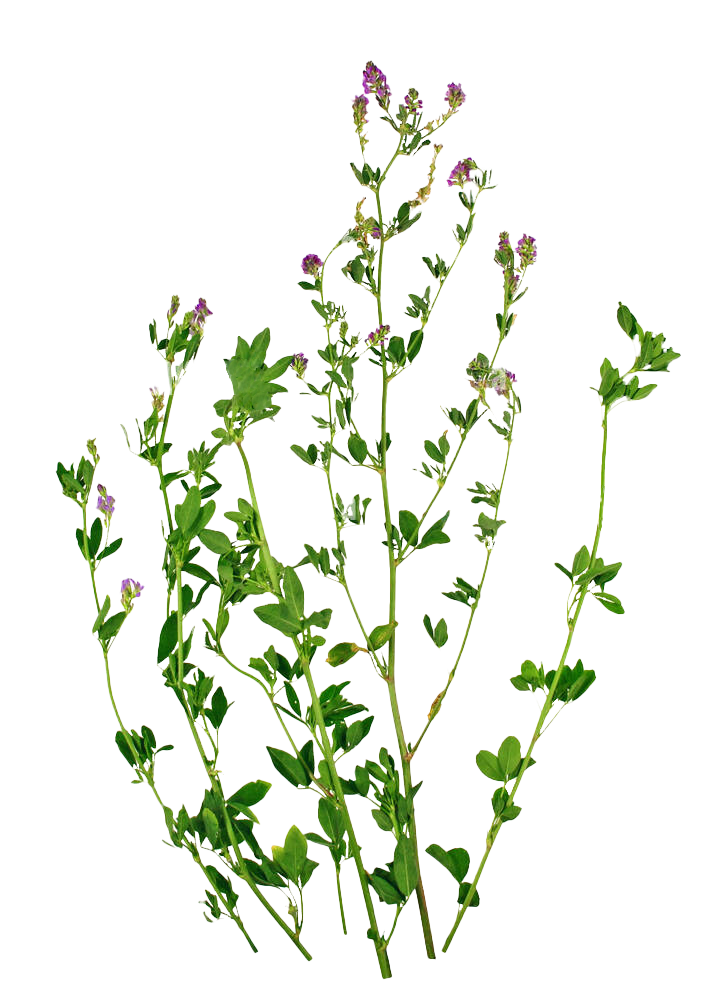
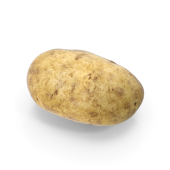
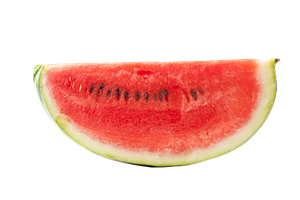
Tomato passata
Organic tomato sauce is our first final product that comes directly from our fields in the Raša River Valley. Tomatoes grown in a unique way are usually harvested early in the morning, and within a few hours, carefully selected and freshly picked fruits are turned into delicious tomato puree. It is a pasteurized sauce without added sugar, salt, or spices that retains all the magic of the natural taste and aroma of tomatoes. You can use it as a pizza topping, pasta sauce, for making soups or various sauces, or simply drink it as juice. Our organic tomato sauce is an excellent ingredient for the popular cocktail "Bloody Mary."
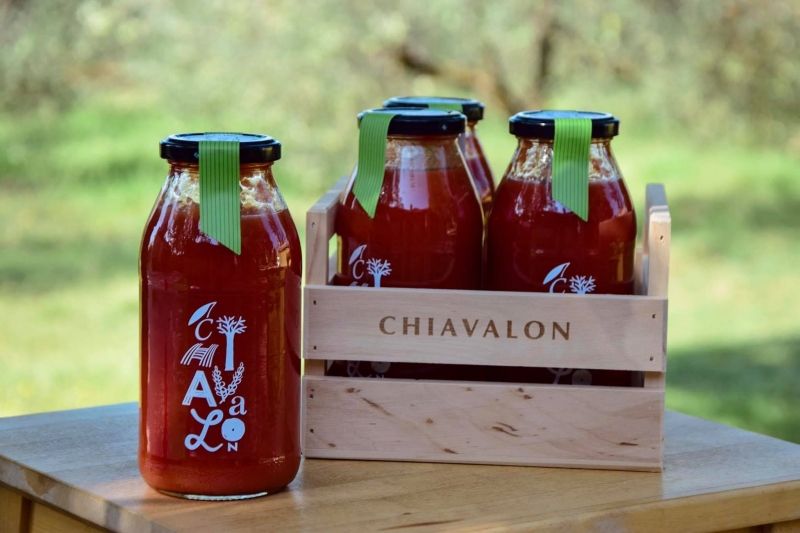
Organic semi-white wheat flour
Organic semi-white wheat flour is the final product that is the result of the work of the entire team from our fields in the Raša River Valley and is produced in our own stone mill. It is obtained from an old, selected variety of wheat. Our organic semi-white wheat flour is an excellent choice for making various types of pasta and for baking cakes and bread.
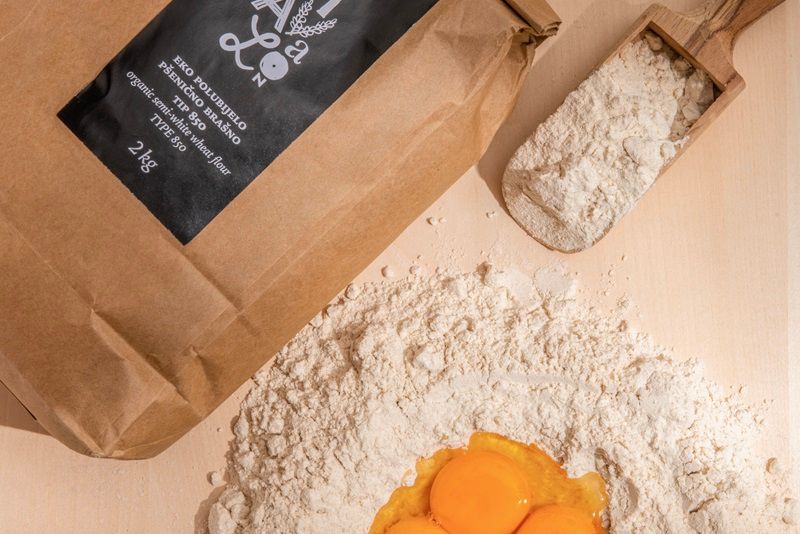
Organic wheat semolina
Organic wheat semolina is the result of the work of our hardworking team from our fields in the Raša River Valley, and it is produced in our own stone mill. It is obtained from an old, selected variety of wheat. Our organic wheat semolina is a good choice for preparing healthy treats such as semolina pudding, a favorite food for children, making cakes, and dumplings for clear soups.
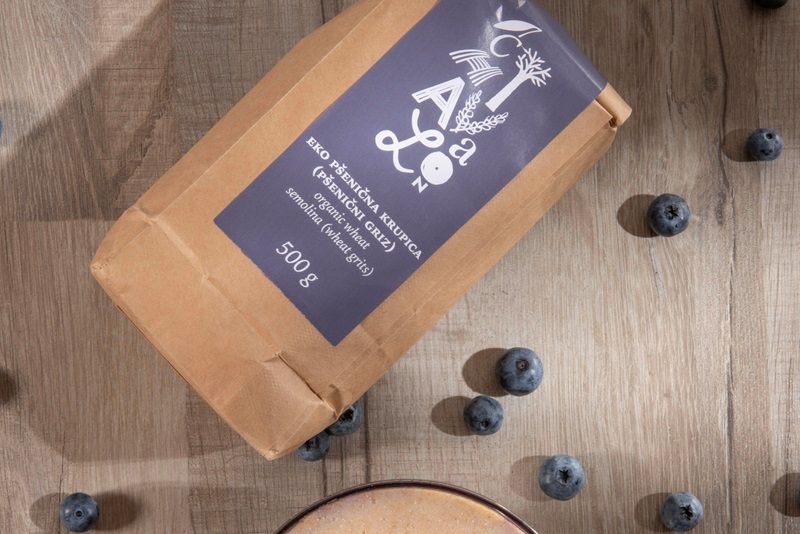
Organic wheat bran
Organic wheat bran is the result of the work of our hardworking team from our fields of Raša Valley, produced in our own stone mill. It is obtained from an old, selected variety of wheat. Organically produced wheat bran has high nutritional value as it is a source of fiber and protein. Therefore, it is an excellent choice in preparing healthy meals, smoothies, adding to fruit yogurts, especially for athletes and recreational enthusiasts.
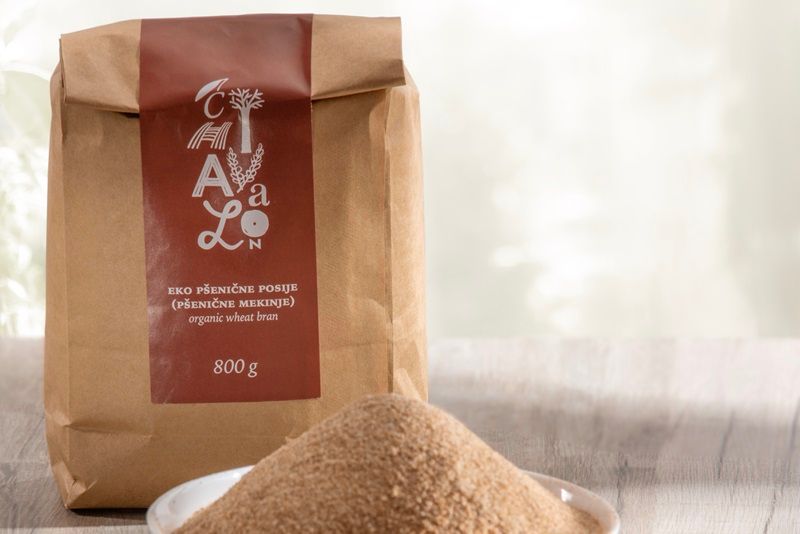
Artichokes
We also cultivate artichokes in the fields of the Raša River Valley according to organic farming principles. We cultivate four different varieties of this tasty and healthy Mediterranean plant. After harvest and selection of carefully chosen, fresh, and healthy artichokes, we place them on the market in fresh form. Artichoke is used for food and medical purposes due to its health and nutritional value. The edible part of the artichoke is its flower, or bud, while in the budding phase. It is a low-calorie food, rich in fiber, containing various vitamins, minerals, and antioxidants. Therefore, artichoke helps lower bad cholesterol and promotes liver health. In the kitchen, you can use it to make salads and side dishes in combination with other vegetables, various spreads, and it is suitable for pickling and preserving.
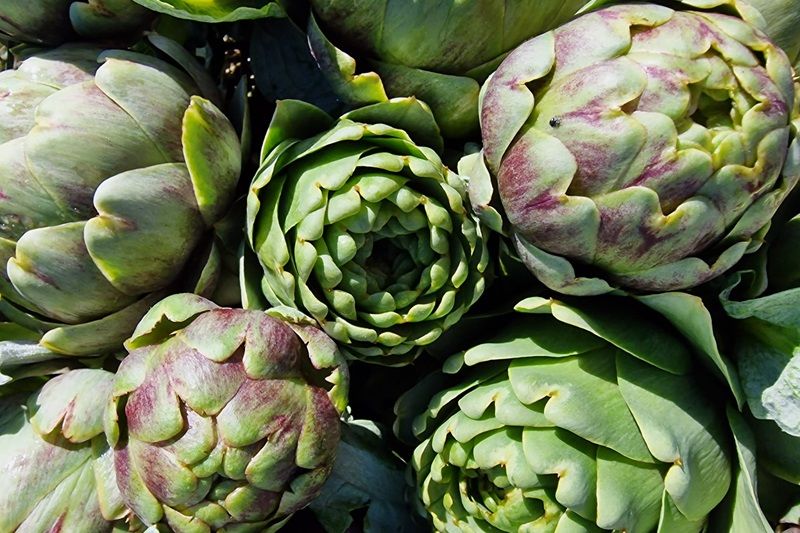
Alfalfa
In the Raša River Valley, we cultivate two varieties of alfalfa that we exclusively use for hay and seed production. We use the first cut for hay production, which is used as animal feed, while the second cut yields seeds. Alfalfa belongs to the legume group, which makes it a valuable crop because it enriches the soil with nitrogen, contributing to environmental protection. Alfalfa is also a honey plant, which is of great benefit to insects, contributing to the preservation of biodiversity in our region.
